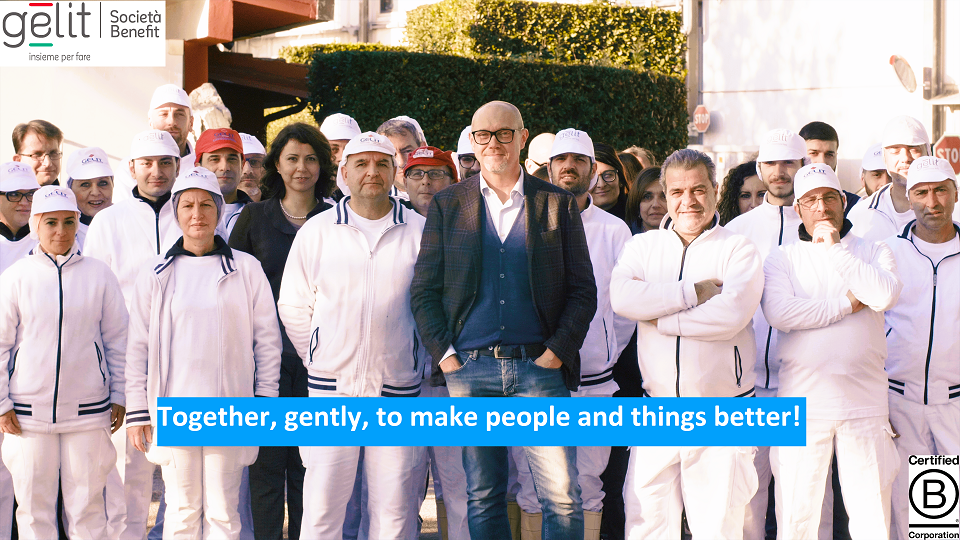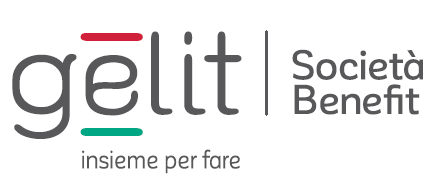

Gelit S.p.A. SB

Province of Latina, Italy
December 2023
Food products
Manufacturing
France,
Germany,
Italy,
United Kingdom,
United States
Gelit is an Italian company, founded in 1987, specialized in the production of ready meals and frozen snacks, commercialized in the retail and food service channels of Italy, Europe and the USA, focusing on private labels/third partie brands. Located in the province of Latina, well known in Italy for the quality of its fresh produce, Gelit purpose is to bring on the tables of the people that will choose their products the best Italian ready meals pasta based and the best snacks, made possible by gentle production processes the company has in place and by the use of the frozen technology, allowing products to arrive on the tables in any corner of the world as good as they can be found in an Italian restaurant. Gelit, Società Benefit since 2022, is now also a B-Corp and is willing to keep on making good food, the right way, taking care of the women and men making their products, the environment in which we work and live and the community of which we belong. Gelit believes in the integration and aims at being a model which shows that making good food in a fully sustainable way is possible. Only by working together can we respect people, support our community and minimize our environmental impact and inspire people and organizations around us to do the same.
Overall B Impact Score
Governance 18.4
Governance evaluates a company's overall mission, engagement around its social/environmental impact, ethics, and transparency. This section also evaluates the ability of a company to protect their mission and formally consider stakeholders in decision making through their corporate structure (e.g. benefit corporation) or corporate governing documents.
What is this? A company with an Impact Business Model is intentionally designed to create a specific positive outcome for one of its stakeholders - such as workers, community, environment, or customers.
Workers 27.0
Workers evaluates a company’s contributions to its employees’ financial security, health & safety, wellness, career development, and engagement & satisfaction. In addition, this section recognizes business models designed to benefit workers, such as companies that are at least 40% owned by non-executive employees and those that have workforce development programs to support individuals with barriers to employment.
Community 14.7
Community evaluates a company’s engagement with and impact on the communities in which it operates, hires from, and sources from. Topics include diversity, equity & inclusion, economic impact, civic engagement, charitable giving, and supply chain management. In addition, this section recognizes business models that are designed to address specific community-oriented problems, such as poverty alleviation through fair trade sourcing or distribution via microenterprises, producer cooperative models, locally focused economic development, and formal charitable giving commitments.
Environment 23.0
Environment evaluates a company’s overall environmental management practices as well as its impact on the air, climate, water, land, and biodiversity. This includes the direct impact of a company’s operations and, when applicable its supply chain and distribution channels. This section also recognizes companies with environmentally innovative production processes and those that sell products or services that have a positive environmental impact. Some examples might include products and services that create renewable energy, reduce consumption or waste, conserve land or wildlife, provide less toxic alternatives to the market, or educate people about environmental problems.
Customers 4.1
Customers evaluates a company’s stewardship of its customers through the quality of its products and services, ethical marketing, data privacy and security, and feedback channels. In addition, this section recognizes products or services that are designed to address a particular social problem for or through its customers, such as health or educational products, arts & media products, serving underserved customers/clients, and services that improve the social impact of other businesses or organizations.